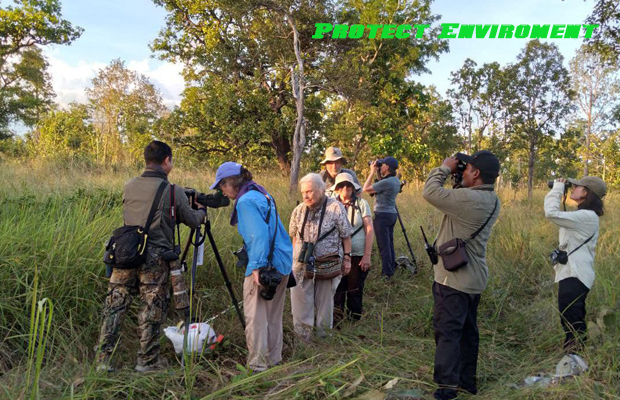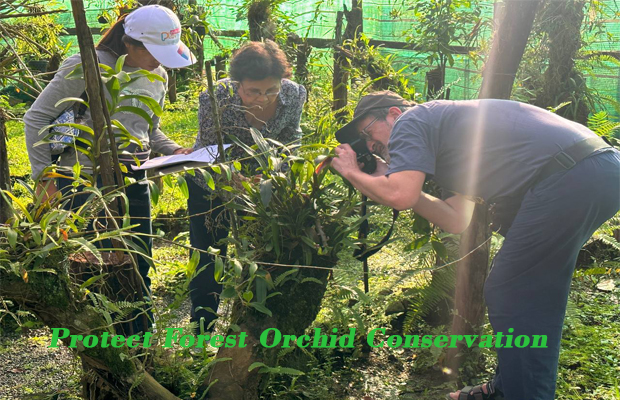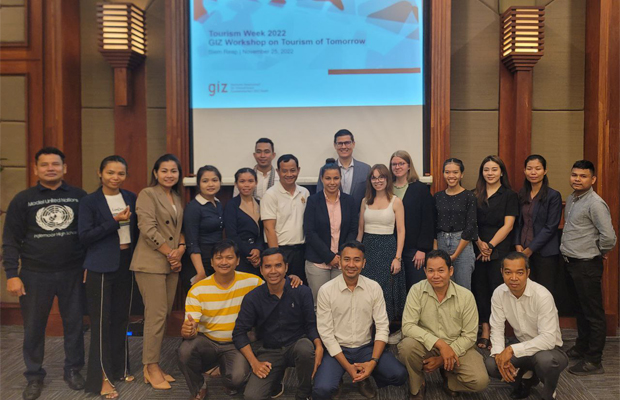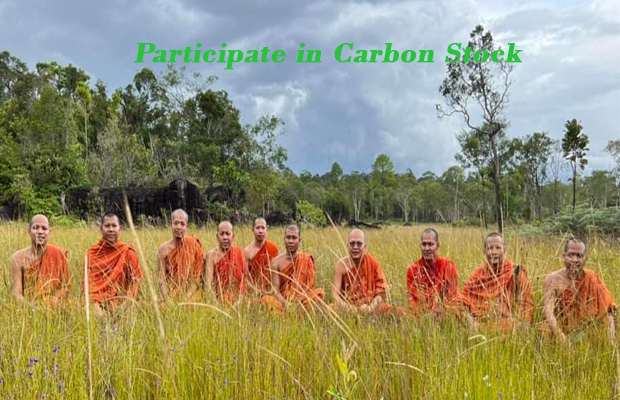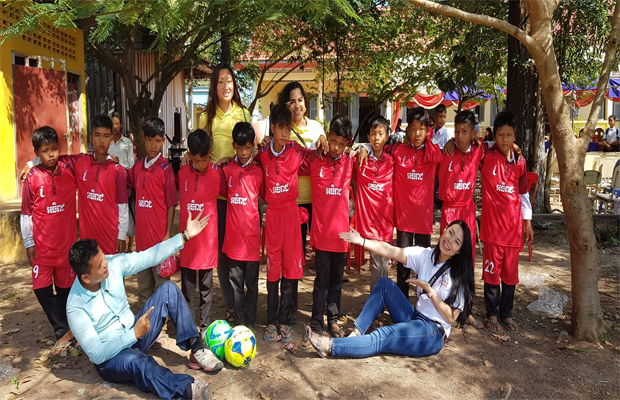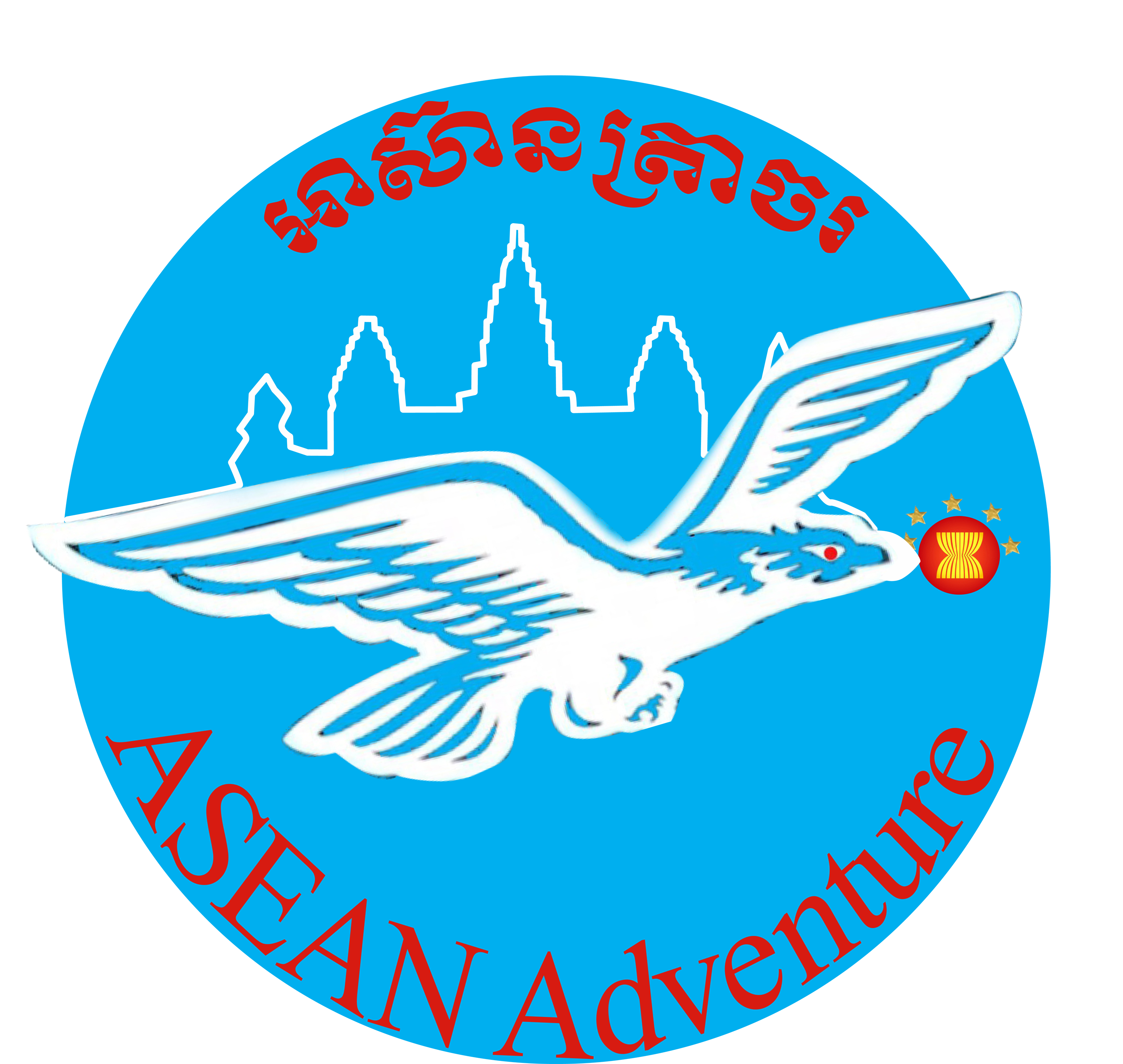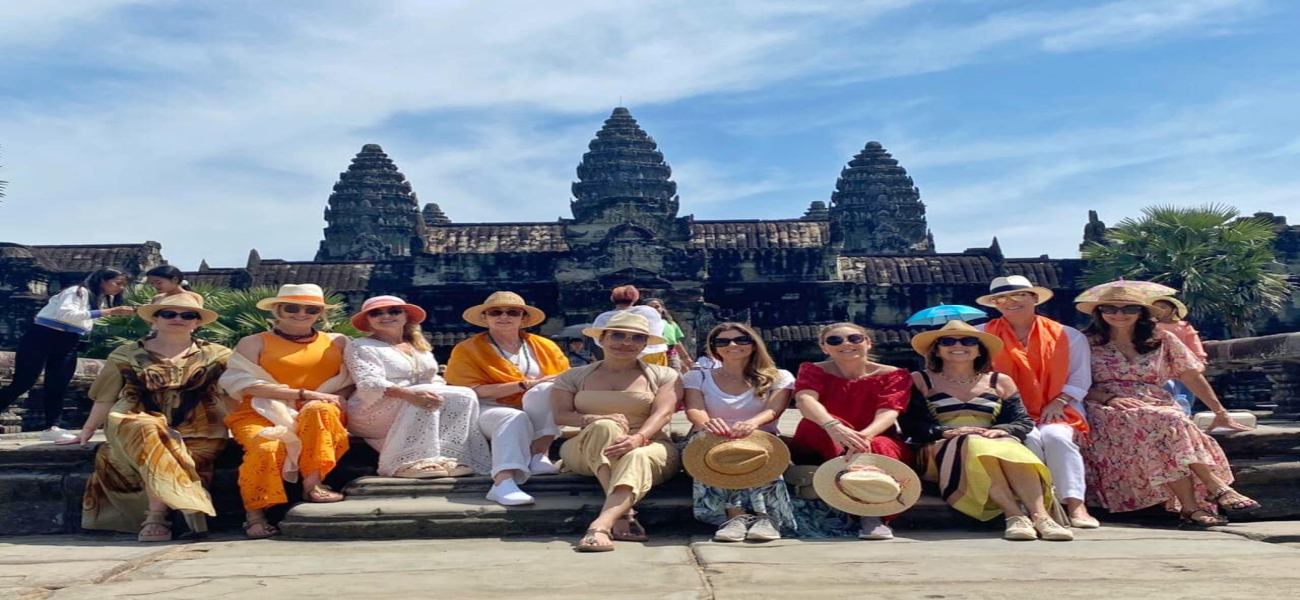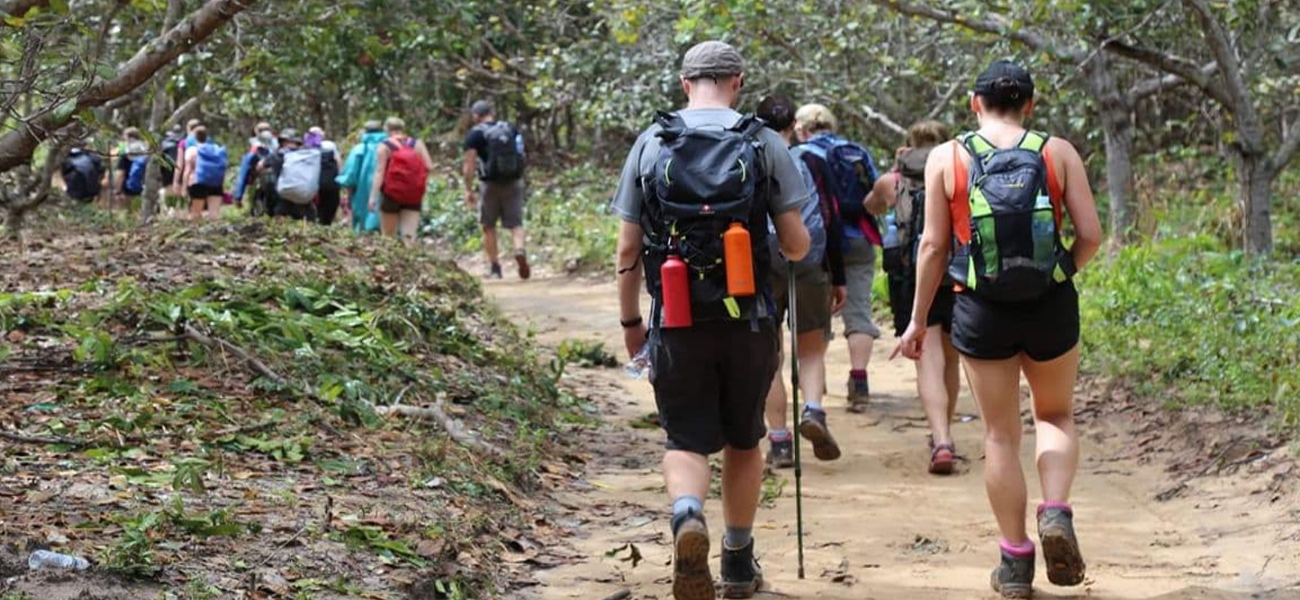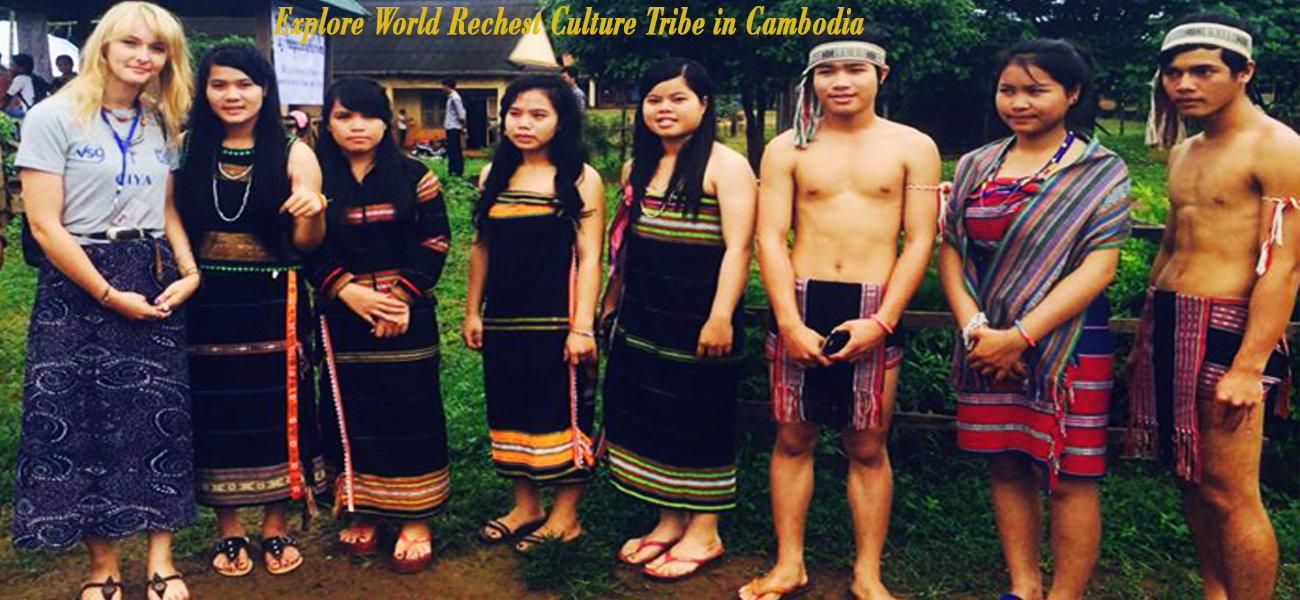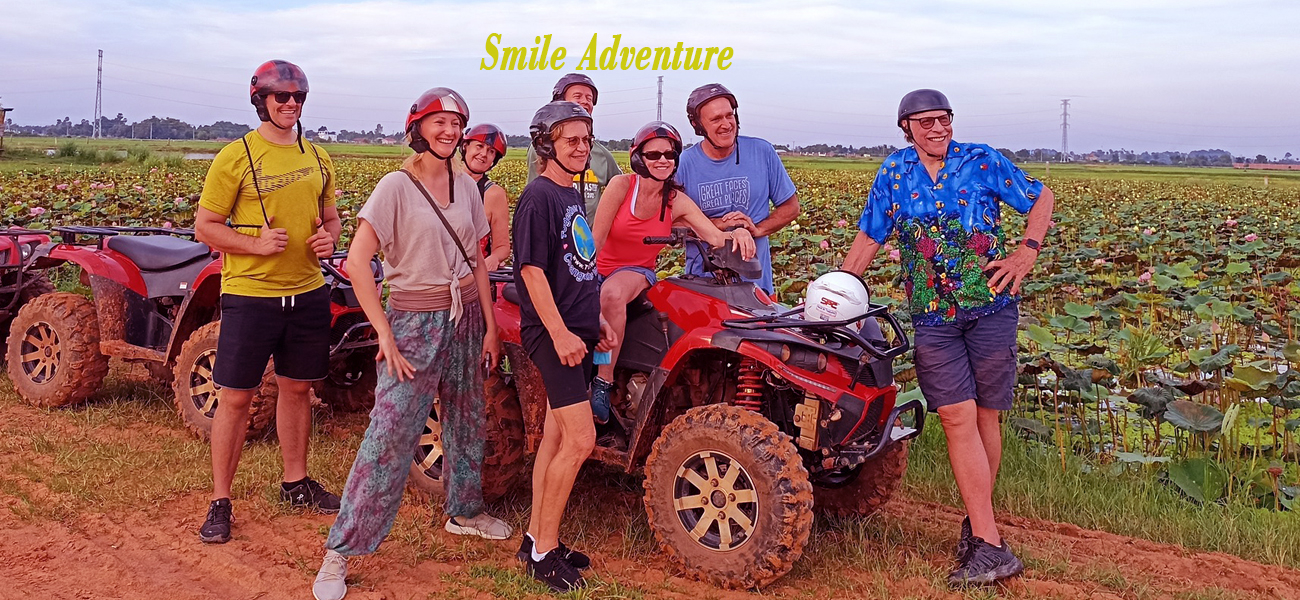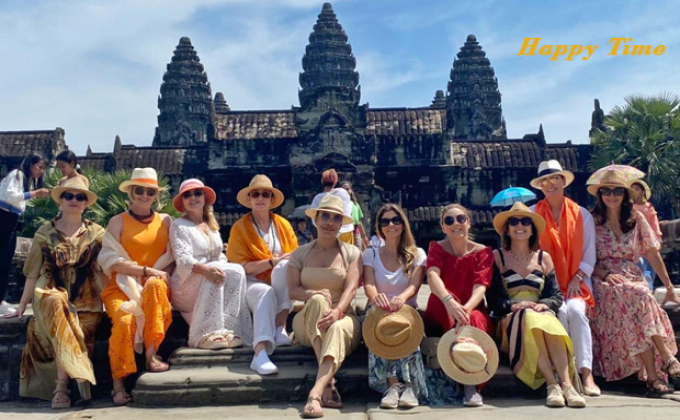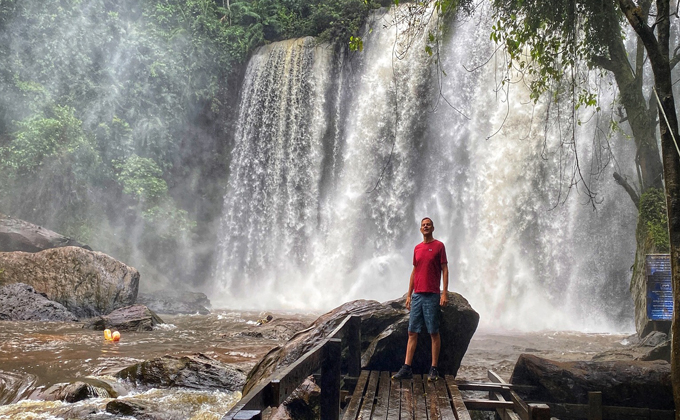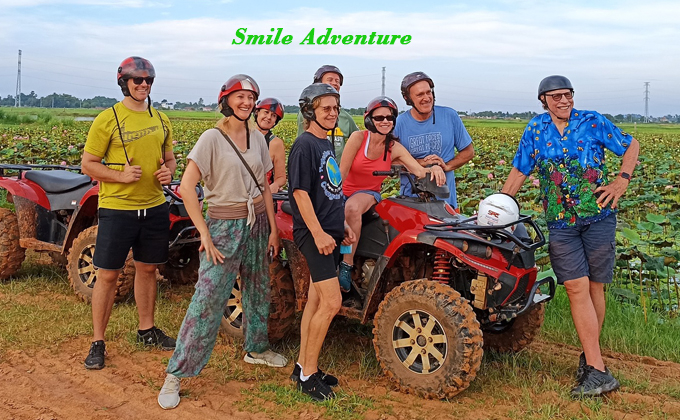Sustainability Charity Make Difference
Sustainability & Policy Hub Program:
THE GLASGOW DECLARATION ON CLIMATE ACTION IN TOURISM
The Glasgow Declaration is a catalyst for increased urgency about the need to accelerate climate action in tourism and to secure strong commitments to support the global goals to halve emissions over the next decade and reach Net Zero emissions as soon as possible before 2050. #ClimateAction
We believe that we all have a responsibility to fight climate change. As a company committed to environmental responsibility and leadership we reduce carbon emissions generated in Asia and compensate for unavoidable emissions. We believe that we can generate a positive impact in the region, by promoting renewable energies and helping to reforest areas of land that need it most clear polution today and future.
I. The Simplest Path To Purchase of Booking Status
Tour and activity businesses can be complicated, but booking should always be easy. That’s why, no matter how complex your business can be, ASEAN Adventure Travel and Reality makes it simple and convenient to take bookings through the web, on location, and even by phone or email and both social media. And that ease of use isn’t just for your customers. Every ounce of care we put into ensuring that the customer booking process is clear, convenient and optimized also goes into making sure you and your staff can get more done in less time. However, your customers book, ASEAN Adventure will help make their experience a delight, trustworthy and happiness.
It ‘possible of payment conditions you may paid in advance and arrival day of each traveler or group. All tour prices are quoted in US Dollars or Khmer Riels. Prices are subject to change without prior notice, except for the bookings & reservations that are fully booked and confirmed. Please check with our office team before you decide on a reservation/booking.
Booking cancellation of Tours or Hotels:
Travelers can cancel tours prior to the ‘’indicated deadline’’ referring to ‘’cancellation-period’’. Any cancellation after the initial cancellation period will occur a charge. Charges are calculated from the day a written notification is received by the Company or their authorized travel agent as a percentage of the total tour price per person cancelling, including surcharges but excluding any amendment charges and any insurance payment.
25 days before tour starts, no charge. 24 – 19 days before tour starts, charge at 10% of total tour price. 18 – 15 days before tour starts, charge at 30% of total tour price. 14 – 07 days before tour starts, charge at 50% of total tour price. Less than 7 days, charge at 30% of total tour price. It no show, full payment to be charged “100% of total invoice” of tour operation. If you voluntarily leave a trip for any reason after the trip has begun no refunds will be given. Refunds might be authorized at the discretion of ASEAN Adventure travel and reality should you involuntarily forced to leave a trip for any reason. All cancellation charges mentioned above are not inclusive of credit card surcharges which may have incurred at the first transaction of your payment. In case ASEAN Adventure travel and reality has to cancel your tours as basic role and regulation: Role of ASEAN Adventure travel and reality reserves the right to cancel any trip before it is guaranteed to departure, but will not cancel a tour less than 45 days before commencing. A trip is guaranteed to run once it has one fully-paid traveler. We reserve the right to cancel any trip, including a guaranteed trip, at any time prior to departure due to force majeure (Pandemic disease, War, Riots, Civil, Disturbance, Strikes, Natural disasters, Terrorists activities of threat of such, closure of airport or cancellation of international or domestic air time table services, political instability or other external events which make it unviable for ASEAN Adventure travel and reality to operate the planned schedule. You will be offered an alternative trip or a full refund. We are not responsible for any incidental expenses that you may have incurred as a result of your booking such as visas fee, vaccinations fee, non-refundable flights, etc. If the alternative trip chosen is of a lower value than that originally booked then you are entitled to a refund of the price difference or the alternative tour chosen is of a higher value then you will have pay the difference in price of travel and tours. Child Policy: For children between 4-11 years old, the following price policy shall be applied: Child sharing twin: 70 % of adult rate. Child in extra bed: 60 % of adult rate. Joining bed with parents: 30 % of adult rate: Infant (0-5 years) is free of charge. Payment tours warrantee: A full prepayment must be received within 15-7 days before the arrival in Cambodia by Bank transfer, cash in hand and other electronic payment methods, except otherwise where specific agreement made prior for cash payment on arrival either by customers, group tour leaders, company and partners representatives.
II. The ASEAN Adventure Travel and Tour on Green Sustainability Policy
PURPOSE: Clean Travel has developed this Sustainable Development Policy to identify, monitor and improve the environmental and social aspects of the company. We are committed to promoting, following and implementing sustainability to maximise positive impacts and minimise negative impacts on tourism from our operations, and to influence our partners to do the same. SCOPE: The Sustainable Development Policy applies to all Clean Travel employees and Clean Travel partners. THEMES AND GOALS: The Sustainable Development Policy is divided into 3 themes consisting of a set of principles and actions. The themes are: Internal Management; Partner Travel Operators and Accommodation Providers;
Destinations, Excursions and Activities.
1. Internal Management: Clean Travel commits to internal sustainability management, practised by following actions and principles that ensure environmental protection, enhance community relations, and protect human rights.
(a) Social Policy and Human Rights: Clean Travel commits to: Grant employees the freedom of employment and contract termination with notice (ideally minimum one month) and without penalty; Include labour conditions according to national labour law and a job description in the employment contract. The wage rate is to be mentioned in the contract and equals or above the national legal wage.. Reduce transport-related impacts by telework, tele/video meetings, work-at-home policies or other means. Encourage employees to use environmentally conscious methods of transport when commuting to work, i.e. walking, cycling and public transport. Provide environmental guidance, training and information to all employees;
Encourage employee involvement.
2. Partner Travel Operators and Accommodation Providers: Clean Travel has developed and implemented a policy to improve the sustainability of our partners as part of its ongoing operations and Learning Academy. Clean Travel is committed to achieving a tourism supply chain that is fully sustainable and has created a community certification model for partner travel operators and accommodation providers to follow. Our community model has 3 pillars and is aligned with the United Nations Sustainable Development Goals (SDGs).
The 3 Clean Travel community pillars are:
Benefit the community by hiring local staff, provide fair wages and support locally-owned businesses (SDGs 1, 2, 3, 4, 5, 8, 9, 10); Protect cultural heritage by celebrating cultural diversity alongside the conservation of wildlife and nature. Incorporate elements of local art, architecture, or cultural heritage; while respecting the intellectual property rights of local communities (SDGs 11, 16, 17); Be friends of the earth by proactively work towards a cleaner, safer, and healthier environment, with a special focus on waste management, water and energy-saving (SDGs 7, 12, 13, 14, 15). When selecting partners, preference will be given to travel operators and accommodation providers that contribute to two or more standards of the 3 pillars. They shall provide supporting information, evidence, or documentation, that demonstrates the implementation of the 3 pillars in their tourism policy. This information can be; evidence of sustainable travel certification, proof of the support of local charities, client reviews, amongst others.
Clean Travel Partners shall: Comply with all relevant national laws protecting the rights of employees. Provide a child protection policy if it is relevant to their operations. Have Legal registration documents, including those that show that they are legally able to provide the services advertised; Provide insurance documents, including those that show that they have the required civil, professional and public insurance to provide the services advertised. Provide clarification, with supporting documentation and evidence, on how they align with the Clean Travel Community. The evidence requested varies depending on the operator. Provide at least 20 publically available reviews (Tripadvisor, Google, etc.) that support the information provided.
3. Destinations, excursions and activities: Clean Travel safeguards the authenticity of the communities and the natural environment and is strongly against harming wildlife and polluting the environment. We aim to maximise positive impacts and minimise negative impacts at destinations to ensure the sustainable development of the places.
Clean Travel commits to: Not offer any excursions that harm humans, animals, plants, natural resources such as water and energy, or which are socially and culturally unacceptable.
III. Child Protection Policy on Travel and Tours:
Keeping children safe is everyone’s responsibility – this includes both the prevention of harm and abuse, and effectively responding to reports or suspicions of abuse. All travel organisations have a duty of care to protect all children they work with, have contact with, or who are affected by their work.
If you are a traveller please be aware of this issue and do not visit orphanages, give sweets to children or encourage them to beg. Children are not tourist attractions. Be aware of the risk of paedophilia. There is much more material on alternatives to orphanages here. The following resources may be useful for travel organisations working to improve their child protection policies and procedures: UN Convention on the Right of the Child (UNCRC). The UNCRC is the most widely ratified UN treaty in the world – it has been ratified by every country in the world with the exception of the United States of America. Childsafe has a comprehensive list of ‘hotlines’ for reporting child abuse in most countries around the world which can be accessed here: https://thinkchildsafe.org/report/
With thanks to Martin Punaks: International Development Consultant
IV. Website Policy of ASEAN Adventure refer to internationally standard
Have you given more than a moment’s thought to your website’s privacy policy? Are you certain you have one? For a great many people and companies, privacy policies are an afterthought at best — thrown in by web designers from goodness knows where, or copied from a template and never considered again. But in an era when data leaks are frighteningly common, privacy policies matter. If you don’t know what yours says, you could be leaving your business open to trouble. The ASEAN Adventures new data protection regulations makes this more true than ever, so it’s time to give your privacy policy the attention it needs.
What Does a Privacy Policy Do?
Most websites collect at least some information about their users — and your tour and activities booking site collects more than some, because you need guest data to do your job. A privacy policy is a public notice that tells visitors about that data collection. Here are a few things privacy policies generally disclose: What personal information your website collects from customers. What personal information your website collects from other visitors. How your website stores and protects that information. How your company uses that information. Who else may have access to that information.
Why Do I Need a Privacy Policy?
It’s the law. An accurate privacy policy isn’t a legal requirement everywhere, but for any company that deals with international customers, that’s splitting hairs. In the US, California regulates and requires the use of privacy policies. Countries including Australia, India, Singapore, Malaysia, South Korea, and Vietnam have strict data protection laws as well. And if you do business in the EU, it will soon be even more necessary to have a rock-solid privacy policy. The EU General Data Protection Regulation (GDPR) goes into effect on May 25, 2018, and it affects anyone who collects personal information or offers products or services to citizens of the EU. Now is a good time to read up on the requirements of the GDPR and learn how they apply to your business. Inaccurate or misleading privacy policies are also risky. In the United States, the Federal Trade Commission (FTC) is empowered to act against companies who don’t follow their own privacy policies, and the FTC takes that job seriously. Given how hazardous it is to have a privacy policy that you don’t keep updated, the alternative isn’t so bad. Putting together an accurate, up-to-date privacy policy has its own benefits. Web services require it. Google Analytics requires users to include certain details in their privacy policies. So do most app marketplaces. If you use a web service that requires a privacy policy and your website doesn’t have one, you be risking account suspension or other consequences.
How Do I Create a Privacy Policy?
Here’s the bad news: There isn’t an easy way to create a safe, accurate privacy policy that meets legal standards. Most free, online templates don’t meet legal standards, particularly considering the arrival of the GDPR. Generic policies are unlikely to cover your particular practices. If you can’t get a lawyer’s immediate assistance with your policy, take the time to read the policy you’re using and make sure it’s accurate. Changing a policy comes with its own legal considerations, but having a policy you’re comfortable standing behind is a great end result.
V. What we do:
Find out how the ASEAN Adventure travel and reality integrated in drives change for children and young people every day, across the communities.
Greater business sector engagement with issues of concern to society as a whole can positively impact the lives of underprivileged people. This is as true in developing and emerging countries as it is in Cambodia. And through their commitment as partners, businesses can enhance their credibility among their customers and in society. A partnership can be tailored to suit your individual needs. You can support ASEAN Adventure travel and property with a one-time donation or become a partner for a certain period of time. There are several ways in which you can cooperate with us, including emergency aid partnerships, donor/sponsorships, corporate volunteering activities, or through other forms of long-term strategic cooperation. We are always at your disposal to discuss any ideas or questions you may have concerning a business partnership with ASEAN Adventure travel and property. We would be happy to develop a concept tailored to your enterprise
AA works in over 239 communities and territories to save children’s lives, to defend their rights, and to help them fulfill their potential, from early childhood through adolescence. And we never give up in the future protection protocol.
1. Education Project: All children have the right to go to school and learn, regardless of who they are, where they live or how much money their family has. Quality learning requires a safe, friendly environment, qualified and motivated teachers, and instruction in languages students can understand. It also requires that learning outcomes be monitored and feed back into instruction. In the countries around the world, ASEAN Adventure works to provide learning opportunities that prepare children and adolescents with the knowledge and skills they need to thrive their capability. Key areas of our work in education include: Access: Gender-equitable access to quality education from early childhood to adolescence, including for children with disabilities, marginalized children and those living in humanitarian and emergency settings. Learning and skills: Quality learning outcomes and skills development that come from strong education systems and innovative solutions hub. Emergencies and fragile contexts: Improved learning and protection for children in emergencies and on the move for righting future. The lesson of the learning crisis is clear: Business as usual is not improving learning outcomes. A new, more radical approach that focuses on enhancing learning is long overdue and forms the basis of talent global education strategy. To establish a world in which every child learns, AA will increasingly promote equity and inclusion. This includes making targeted efforts for children who are excluded on the basis of gender, disability, margined, poverty, ethnicity and language, as well as those who are displaced or affected by emergencies.
2. Water, Sanitation and Hygiene & Climate Change/Livelihoods: Clean water, basic toilets and good hygiene practices are essential for the survival and development of children. Today, there are around 2.4 billion people who do not use improved sanitation, and 663 million who do not have access to improved water sources. Globally, plastic waste generation has soared to unimaginable levels. To date, we have generated 8.3 billion metric tons of waste, and we are expected to reach a total volume of 12 billion tonnes by 2050. In Cambodia, the plastic waste problem is complex; however, as one of the most vulnerable countries to climate change, finding a solution is a necessity. Plastic consumption in Cambodia is synonymous with daily life.
3. Health and Nutrition Project: In 2018, 6.2 million children and youngadolescents died, mostly from preventable causes. Children under the age of 5 accounted for 5.3 million of these deaths – nearly half of whom were newborn babies.(Every five seconds, a child dies somewhere in the world)What’s more, some 810 women die each day from causes related to pregnancy and childbirth. Many of these deaths can be avoided. But inadequate access to quality health care and life-saving supplies still contributes significantly to preventable maternal and child deaths. Disease, environmental hazard and the devastating effects of conflict, insecurity and demographic change also take a toll.
4.Gender Equity Project: Globally, only 24% of people heard, seen or read about in the news are women. This gender gap is widest in news about politics and government, where women are featured in just 16% of political news. The United for News coalition launches Reflect Reality, a digital manual to help newsrooms include more authoritative female and diverse voices in their stories. Led by Internews in collaboration with the World Economic Forum, United for News’ Reflect Reality incorporates proven strategies and lessons learned from two dozen organizations around the world working to address this disparity. Girl, Youth & Women's Voices: women sit next to each other, one holds a childInternews’ “Women’s Voices” is working to challenge societal attitudes that stigmatize survivors of sexual and gender-based violence in Iraq. Women’s rights activists and journalists in Iraq rarely work together. Internews is connecting these groups for the first time, to learn from each other and help shed light on sensitive issues with reporting and advocacy.
5.Animal Production: Animal production is a faith-filled resource to help children, youth and adults see themselves as part of the Cambodia family and gain a deeper appreciation of the ways in which ASEAN Adventure helps people, animals and the environment live in harmony as God’s great creation of project impact.
6. Wildlife’s Project: We human activities threaten wildlife in two main ways: by destroying and damaging the places where wildlife lives, and by using them in ways that are unsustainable. Vast areas of natural habitat continue to be lost to agriculture, urban sprawl, mining and infrastructure, or are suffering from the effects of pollution, introduced species that often out-compete native wildlife, and, increasingly, climate change. Meanwhile, many species are declining because of unsustainable levels of hunting, fishing and harvesting. Others are being driven toward extinction to support the international wildlife trade, or killed when they come into direct conflict with humans and livestock in Cambodia as well as globally.
How to make small charity or big charity?
Are you looking for stable, predictable work or a role where you do something different every day? We work in partnership local and international organisation with Environmental Eduation and Recylcing and Internationational Foundation base in U.S http://phoenixintlfoundation.org to support the vulnerable group people in Cambodia.

